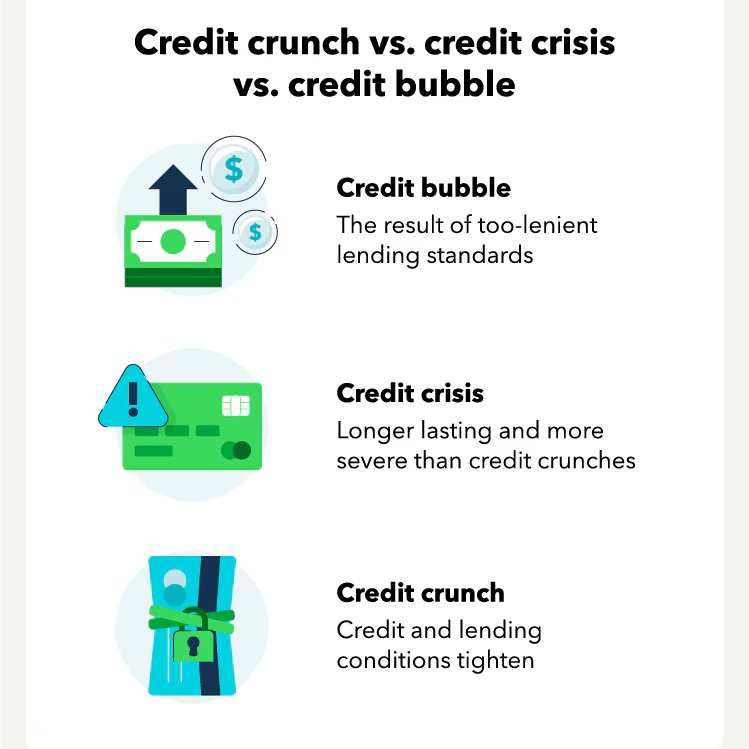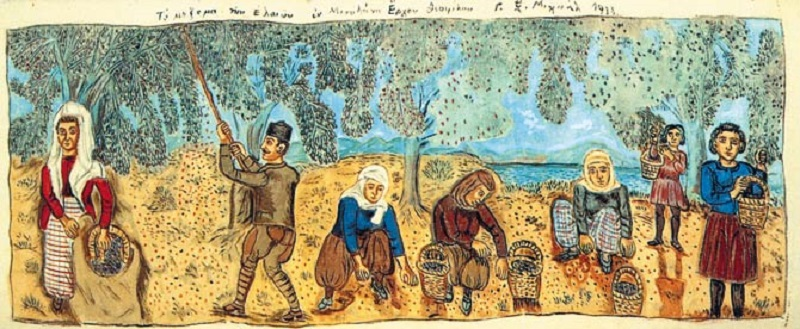Let's talk regional banks. And why they're a sign of an impending financial crisis.
We've seen this before in history. And there's a reason why they're a red flag.
A 🧵
We've seen this before in history. And there's a reason why they're a red flag.
A 🧵
https://twitter.com/great_martis/status/1978480255133422060
1/x
There's community/regional banks are very different from a big bank:
- Profit comes from within region or industty
- Tied to the health of their local economy
- Core deposits are the funding source
- Diversification is concentrated
These are both good and bad.
There's community/regional banks are very different from a big bank:
- Profit comes from within region or industty
- Tied to the health of their local economy
- Core deposits are the funding source
- Diversification is concentrated
These are both good and bad.

2/x
1. They're very tied to a community.
A megabank might see losses in one portfolio but be saved by profits in its tech portfolio. Or a swap with another bank
A community bank in is 100% exposed. If the local industries aren't doing well? They don't do well.
1. They're very tied to a community.
A megabank might see losses in one portfolio but be saved by profits in its tech portfolio. Or a swap with another bank
A community bank in is 100% exposed. If the local industries aren't doing well? They don't do well.

3/x
A community bank in a farming town is 100% exposed to the farming economy. Same in a manufacturing town.
They make a profit by loaning to local businesses. So if the farmer or small factory cant pay a loan? They're in trouble. Bad debt triggers a chain reaction.
A community bank in a farming town is 100% exposed to the farming economy. Same in a manufacturing town.
They make a profit by loaning to local businesses. So if the farmer or small factory cant pay a loan? They're in trouble. Bad debt triggers a chain reaction.

4/x
Unpaid loans from biz is a direct loss. Which is absorbed by the bank's capital. So they become conservative and slow loaning.
That means business can't expand. Farmers can't pay for next season's seed and expenses. Businesses can't expand. This is called a credit crunch.
Unpaid loans from biz is a direct loss. Which is absorbed by the bank's capital. So they become conservative and slow loaning.
That means business can't expand. Farmers can't pay for next season's seed and expenses. Businesses can't expand. This is called a credit crunch.

5/x
And the types of loans are different versus big banks:
- Commercial real estate loans (~45%)
- Local Business loans (~20%)
- Agriculture loans ( ~0 - 15% heavier for rural)
- Residential Mortgages
A community bank's loan book is more focused on the local economy's assets. Big banks tend to be mass consumer focused.
And the types of loans are different versus big banks:
- Commercial real estate loans (~45%)
- Local Business loans (~20%)
- Agriculture loans ( ~0 - 15% heavier for rural)
- Residential Mortgages
A community bank's loan book is more focused on the local economy's assets. Big banks tend to be mass consumer focused.
• • •
Missing some Tweet in this thread? You can try to
force a refresh



















